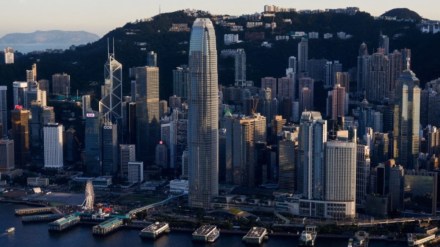Hong Kong lawmakers today passed a new national security law which gives the government the power to suppress dissent. This move is widely interpreted as another measure in an extensive political crackdown instigated by the 2019 pro-democracy demonstrations.
During a special session, the legislature approved the Safeguarding National Security Law. This follows a similar law imposed by China four years ago, effectively quelling opposition voices in the financial hub.
Hong Kong’s Legislative Council, which now comprises predominantly Beijing loyalists after an electoral restructuring, accelerated the process. After the bill was introduced on March 8, a committee held daily meetings for a week, after an appeal by Hong Kong leader John Lee urging to expedite the law’s passage “at full speed”.
What does the law entail?
The law imposes severe penalties for various actions deemed threats to national security by authorities, with the most serious offenses such as treason and insurrection punishable by life imprisonment. Lesser infractions, like possessing seditious publications, could also result in several years in jail. Certain provisions even allow criminal prosecutions for actions conducted anywhere globally.
Andrew Leung, the President of the Legislative Council, expressed his belief that all lawmakers felt privileged to have participated in this “historic mission”.
“I fully agree with what the Chief Executive said: the sooner the legislation is completed, the sooner national security will be safeguarded,” he said.
Critics express concerns that the new law will exacerbate the erosion of civil liberties, which Beijing pledged to uphold for 50 years when the former British colony reverted to Chinese sovereignty in 1997.
(With PTI inputs)
